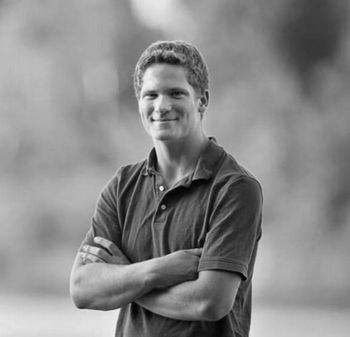Princeton technology course wants to correct ‘soap dispensers that don't see dark skin’
A Princeton course last spring focused on building ‘anti-racist technologies.’
One student wanted to use AR technology to help rename buildings on campus while others continue on their work after the semester's end.
A Princeton course offers what it presents as solutions to combat the ‘racial biases built in tech’ and building ‘actively anti-racist solutions’ using techonolgy.
“From soap dispensers that don’t see dark skin, to facial recognition tools that misidentify black faces,” students within the “Can We Build Anti-Racist Technologies?” course have been working to “build and test systems that embrace anti-racism as a core value.”
This year’s spring 2021 course has produced “actively anti-racist solutions.”
[RELATED: UNC Charlotte offers ‘Anti-Racism’ graduate certificate for public educators]
‘Envisioning’ an augmented reality (AR) tool, one team of students led by Dora Zhao hope to “reimagine spaces on campus to be more inclusive and celebratory of people of color,” according to Princeton Alumni Weekly. With this tool, students can use phones to ‘replace’ the name of campus buildings with “impactful people of color.”
PAW lists Stanhope Hall as an example, named after Samuel Stanhope Smith, a former Princeton president who had slaves.
Two rooms within Stanhope hall were renamed in 2017 after ‘Black Princetonians.’ Further, two buildings named after Woodrow Wilson will be renamed, Princeton announced in June 2020.
Another ‘anti-racist’ solution to renaming buildings will be a website to “unearth the actual racist legacy that may exist at the sites that we chose,” Zhao further told PAW.
[RELATED: BU announces ‘21 Days of Unlearning Racism and Learning Antiracism’ program]
Professor Janet Vertesi taught the course and used content from professor Ruha Benjamin as part of Princeton’s Grand Challenges Program. The course ran for 15 weeks with 18 students, some of whom are continuing project work beyond the semester.
Inspired by Benjamin’s works and the “racial awakening last summer” Vertesi pushed to create a course to ask students, “Can We Build Anti-Racist Technology?” The professor told PAW, “This is not a class where the professor knows all the answers. This is a class where we are going to work together on something very new.”
Campus Reform has reached out to Vertesi, Benjamin, and Zhao for comment; this article will be updated accordingly.
Follow the author of this article on Twitter: @SergeiKelley

